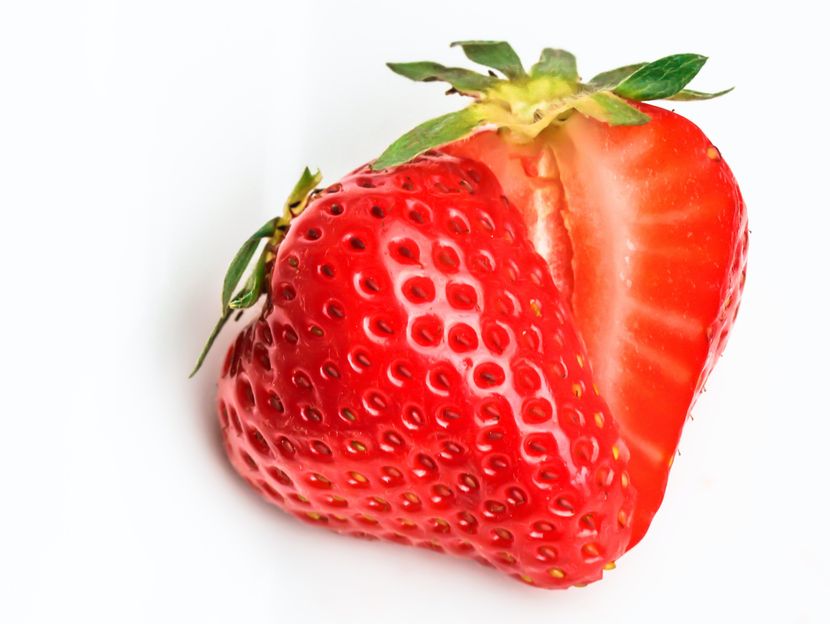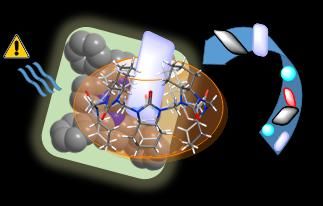Are your strawberries bland? Pesticides could be to blame
How fungicides can ruin the sweetness and nutritional value of strawberries
Advertisement
Have you ever bitten into a plump, red strawberry, only to find it bland and watery? Certain pesticides might be responsible. A team reporting in ACS’ Journal of Agricultural and Food Chemistry has found that two common strawberry fungicides can impact cellular mechanisms, creating berries with subdued flavor and sweetness, as well as a lower nutritional value.

Strawberries tend to be blander and less nutritious when treated with particular pesticides (symbolic image).
Unsplash
The flavor profile of any produce, including berries, is a result of its taste and smell — sweetness often arises from the amount of dissolved glucose or fructose, and a unique aroma comes from volatile compounds, such as esters and terpenes. In addition, many fruits are also full of nutrients, including vitamin C, folic acid and antioxidants. But because fungicides are designed to disrupt the cellular processes of detrimental fungi, they could accidentally interfere with these processes in crops, inhibiting production of these important flavor and nutritional compounds. So, Jinling Diao and colleagues wanted to investigate how two common pesticides used on strawberries — boscalid (BOS) and difenoconazole (DIF) — affect specific molecular pathways in berries.
The researchers grew three groups of strawberries (Fragaria x ananassa Duch) in identical conditions, applying BOS or DIF to two of the groups when the berries were still green. Even after treatment, the fully grown berries were identical in size and color to those grown without pesticide. Yet, under the surface, the team found a number of chemical changes caused by both of the fungicides:
- The levels of soluble sugars and nutrients, such as sucrose and vitamin C, were reduced.
- Sugars were converted into acids, further reducing sweetness.
- The amount of volatile compounds changed, subduing the berry’s taste and aroma.
Looking more closely, the team found that BOS had a direct effect on the regulation of genes involved in cellular pathways related to producing sugars, volatile compounds, nutrients and amino acids. Finally, in a blind taste test, people consistently preferred the untreated strawberries. The researchers say that this work could provide guidance to farmers about the use of pesticides.
































































